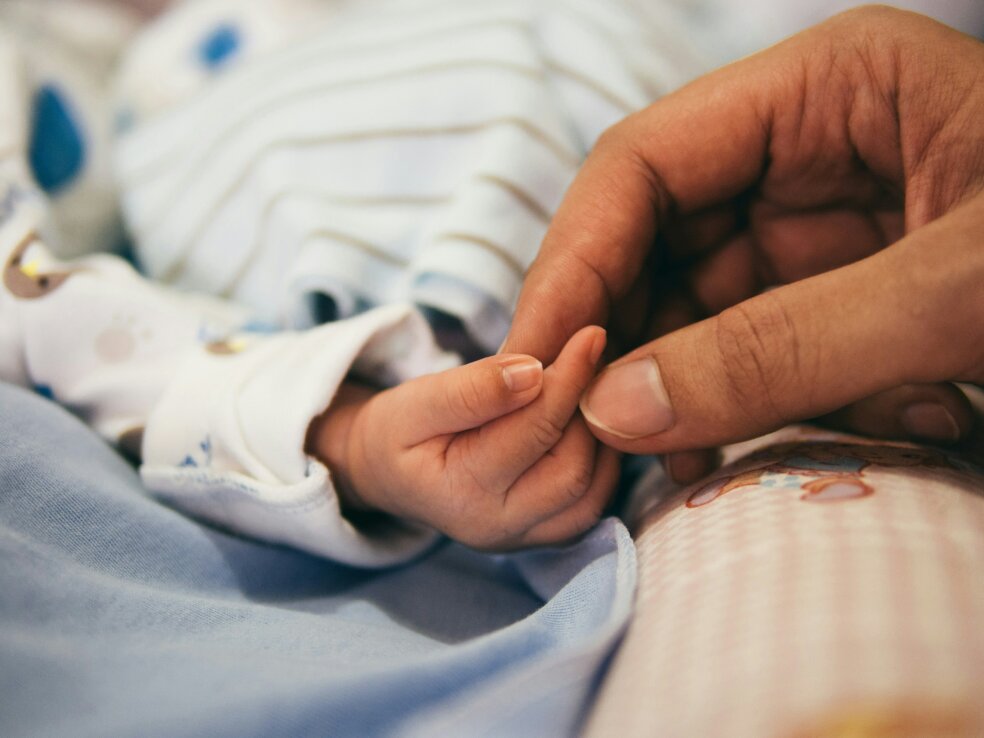Congratulations, you’re a new parent! Whether this is your first child or fifth, you’ve been here before and already dealing with a mixture of emotions.
Becoming a parent is a miracle and a blessing. It’s known as one of the happiest moments of your life.
While you’re extremely happy, excited, and blessed over having a child, you’d be lying if you said you weren’t also feeling a little anxious, nervous, and on edge about the whole thing. Having a baby means a lot of changes, including a lot of challenges.
You want everything to go right. You want to be the best parent you can possibly be. But a lot can go wrong, including experiencing postpartum anxiety. If you are, you’re not alone. Here’s what it feels like.
What is Postpartum Anxiety?
Postpartum anxiety isn’t as well-known as common as postpartum depression. Postpartum anxiety is an extreme anxiety that a new parent can experience after having a baby or becoming a new parent. While worrying can be common among new parents, postpartum anxiety is a worry that is excessive or extreme. It can interfere with your day-to-day functioning and can be difficult to calm yourself.
The Cause
Being a new parent can come with a lot of new worries. There may be worries about being a good parent, wondering if you’re giving your baby what they need, or if something is wrong. On top of that, all of the nutrition and baby products come with all-caps warnings on their labels.
Here are other factors that can make you more at risk for postpartum anxiety:
- History of an eating disorder
- History of mood-related symptoms or disorders
- Hormonal changes
- Lack of sleep
- Miscarriage
- Previous loss of an infant
- Stillbirth
- Stressful life events
The Signs and Symptoms
Most new parents experience some type of worry and anxiety when it comes to having a new baby and raising a child. It’s completely normal, especially for first-time parents. Postpartum anxiety includes more signs and symptoms than just worry. These are some of the most common signs and symptoms of postpartum anxiety:
- Avoidance of certain people, places, or activities
- Chest pain
- Constant worry
- Dizziness
- Dread
- Fatigue
- Fear
- Heart palpitations
- Irritable
- Loss of appetite
- Muscle aches and pains
- Nausea
- Need for control
- On edge
- Racing thoughts
- Shaking or trembling
- Sleeping problems
- Shortness of breath
- Sweating
- Unable to relax
Examples of Postpartum Anxiety
A lot of new parents may not realize they have postpartum anxiety. Many may just assume that they have normal worries that all new parents deal with. A good indicator of your worries actually being postpartum anxiety is if your worries start to impact your daily life and routine.
Someone with postpartum anxiety may feel like they have to stay awake all throughout the night because they’re afraid that something bad will happen to their baby if they’re not monitoring them 24/7. They also may not be willing or able to leave their baby, even if it’s just for a few minutes while they run to the bathroom or shower. They also may have difficulty trusting their loved ones or partner alone with their child. Postpartum anxiety can become so severe that a new parent struggling with it may not want to leave the comfort of their own home out of fear that something will happen to them or their child.
How to Cope
Becoming a parent is a challenging task. While it’s gratifying, caring for a new child can be difficult. You’re not alone if you’re experiencing signs and symptoms of postpartum anxiety. It also doesn’t define if you’re a good or bad parent. You are a good parent. While much of your attention is on your new baby, you must take care of yourself, too, so that you can continue showing up for them in the best way. Reach out to us today to set up an initial consultation.
Click here for more information on Perinatal Mental Health.

